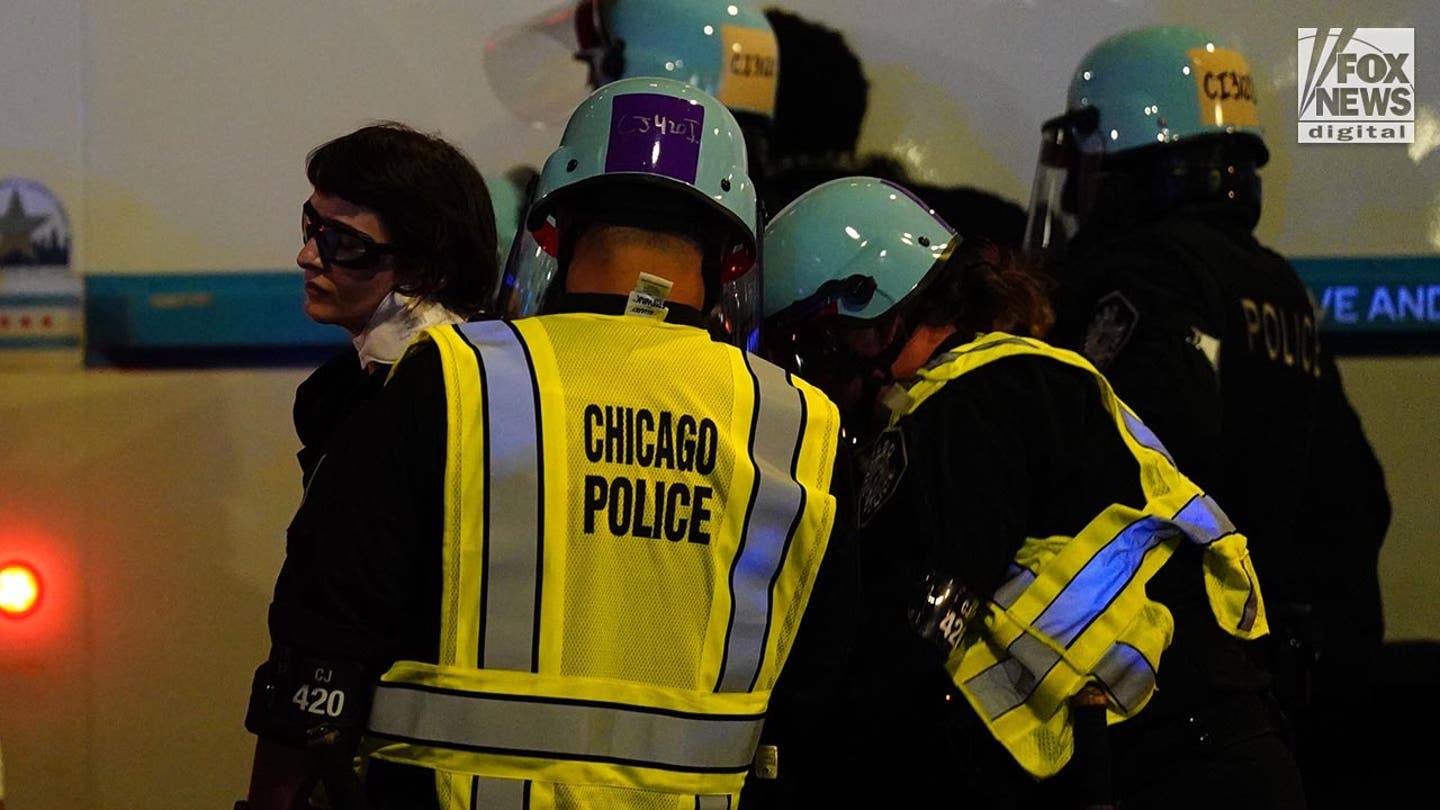A forensic expert sheds light on two key pieces of evidence in the Karen Read trial, highlighting their significance in determining the cause of John O'Keefe's death and the pivotal role of the medical examiner's testimony.

In the highly contested Karen Read trial, where she stands accused of murdering her boyfriend, Boston Police Officer John O'Keefe, a forensic expert has identified two pivotal pieces of evidence that could heavily influence the outcome: the autopsy and the handling of the victim's clothing.
Joseph Scott Morgan, a forensic expert with over 20 years of experience, believes that the medical examiner's testimony will be crucial in this case. The official cause of death for O'Keefe is listed as "undetermined," placing the medical examiner as the "big star" of the trial, according to Morgan.
"I urge everyone following this case to pay close attention to what the medical examiner says, because they will be asked to explain the logic behind listing this as an undetermined," Morgan said. "I would expect the defense to particularly focus in on that question, and it will be framed in a manner in which they will say, 'Well, you know, we've got the prosecutor here that is saying that this is, in fact, a murder. What is it, doctor, what is keeping you from ruling this as a homicide?'"
Another key issue raised by Morgan is the handling of O'Keefe's clothing during life-saving efforts. He emphasizes the importance of preserving and documenting the chain of custody, ensuring that evidence is not compromised or tampered with.
"If reports about clothing being piled up in the corner of a trauma room are accurate, potential evidence is compromised," Morgan said. "Are we talking about hours? Days? Weeks? Because the longer you wait to submit this, the less secure it is. And if you can't account for it 24/7, you spoil the chain of custody. And, at that point, there's little or no accountability. You don't know who's come in contact with these items."
Morgan cites the O.J. Simpson murder case as an example of how mishandling of evidence can discredit the prosecution's case. In that case, investigators were accused of mishandling blood samples, potentially compromising the DNA evidence.
"Reflect back to the O.J. Simpson case, where one of the detectives had been mentioned of riding around with blood samples in their car before they were ever submitted into evidence," Morgan said. "All kinds of things can happen, particularly with blood evidence like that, because it is fragile."
The case has been divisive, with supporters of Read rallying outside the courthouse and alleging a cover-up. A local blogger, "Turtleboy," has been at the forefront of the "Free Karen" movement, but he has also been charged with witness intimidation.
Suffolk University Law Professor Christopher Dearborn has expressed concerns about the media attention and social media commentary potentially influencing the impartiality of the jury. "The influence of media, social media, the sidebars with the turtle blogger. All the information that's been going back and forth from the DA's office and the defense team. I think it's going to be a long road to pick an impartial jury," Dearborn said.
The trial is expected to be lengthy and tense, with the jury selection process already completed. Opening statements are scheduled to begin on Monday. The outcome of the trial hinges heavily on the testimony of the medical examiner and the forensic analysis of the evidence, which will determine whether Read is found guilty or not guilty of murder.










